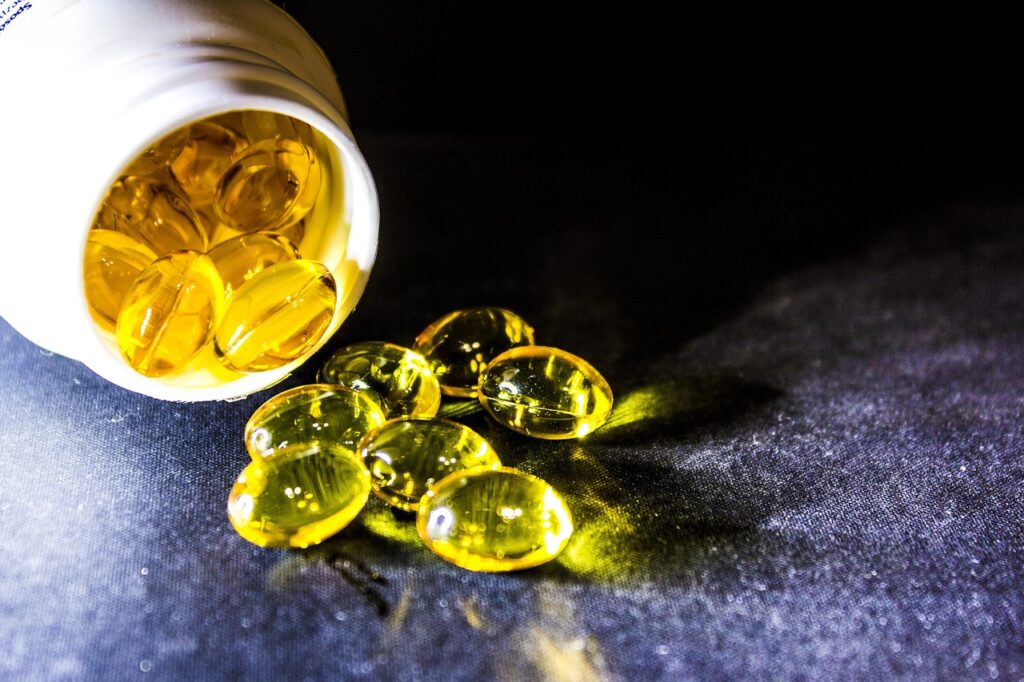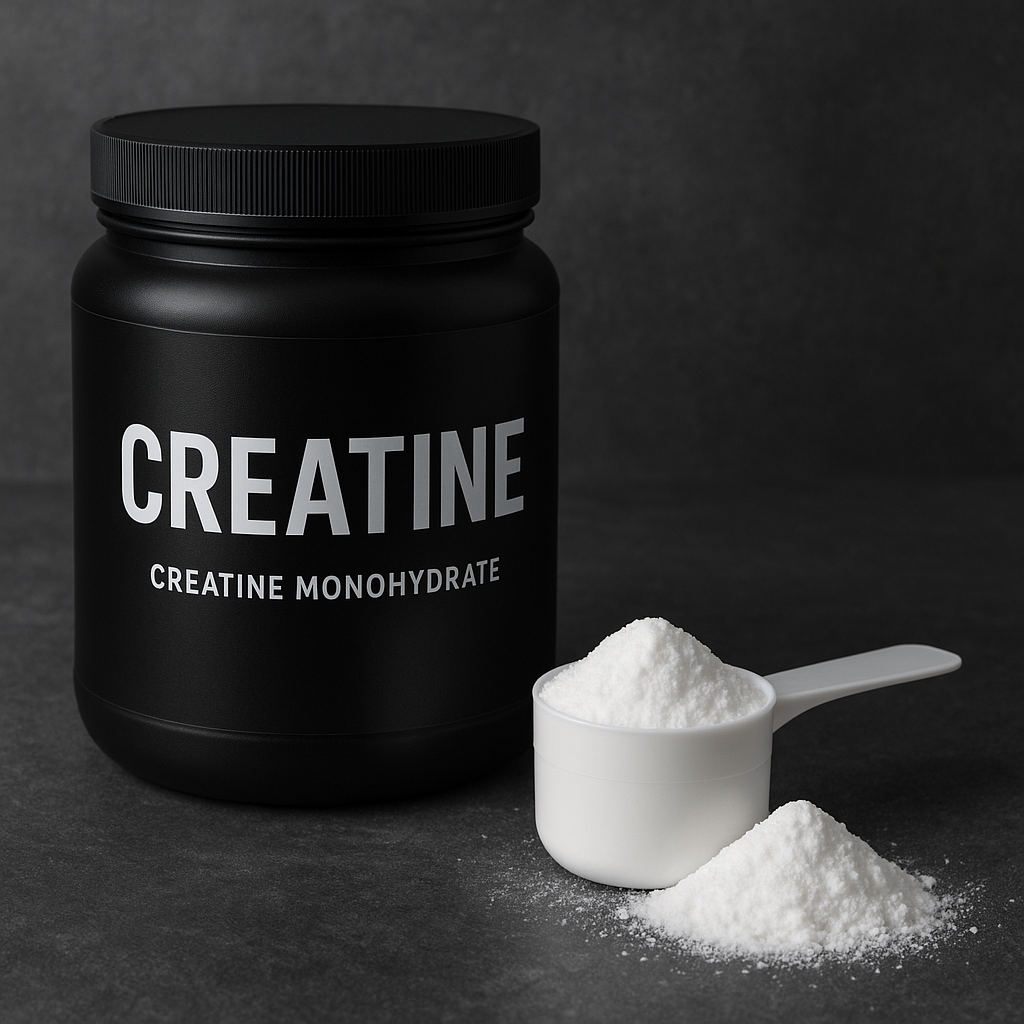If you’re health-conscious and regularly consume supplements, you’ve probably encountered conflicting claims about omega-3 supplements and their effects on skin health. One common myth suggests that omega-3 supplements can cause oily skin or acne breakouts. But what does science really say?
Omega-3 and Oily Skin: The Scientific Truth
The belief that omega-3 causes oily skin or acne is a misconception. In fact, scientific studies and dermatological research consistently show the opposite: omega-3 fatty acids often improve skin health, including reducing acne.
A comprehensive review, “Omega-3 Fatty Acids and Inflammatory Processes: From Molecules to Man,” by Siriwardhana et al. (2020), published in Marine Drugs, found that omega-3 fatty acids, particularly EPA (eicosapentaenoic acid) and DHA (docosahexaenoic acid), exhibit significant anti-inflammatory properties beneficial to skin health. These fatty acids can help manage and reduce inflammation associated with acne and oily skin, contradicting the myth entirely.
Anti-inflammatory Effects of Omega-3 on Skin
Omega-3 fatty acids are widely recognized for their potent anti-inflammatory benefits. Chronic inflammation is a major contributor to skin conditions like acne, psoriasis, and eczema. Omega-3 supplements help to:
- Decrease inflammation in skin tissues.
- Improve skin hydration and barrier function.
- Reduce acne severity and redness associated with inflammatory skin conditions.
A study titled “Effect of dietary supplementation with omega-3 fatty acids on acne vulgaris” by Jung et al. (2012), published in Lipids in Health and Disease, demonstrated that individuals supplementing with omega-3 fatty acids saw noticeable improvements in acne symptoms compared to those who did not.
Counterpoints and Individual Sensitivities
While omega-3 is generally beneficial, rare individual sensitivities might cause atypical reactions. A small subset of people might experience mild digestive upset, which indirectly could affect their skin health temporarily.
However, no direct evidence conclusively links omega-3 supplementation to increased skin oiliness or acne outbreaks in healthy individuals. Dermatologists often recommend omega-3 supplements specifically for their positive skin benefits.
Benefits of Omega-3 for Skin: Summarized
- Reduced Inflammation: Helps manage acne and other inflammatory skin conditions.
- Improved Hydration: Enhances skin barrier, reducing dryness and irritation.
- Supports Healthy Skin Aging: Omega-3 helps maintain skin elasticity and moisture, preventing premature aging.
FAQ for Quick Reference
Does omega-3 cause acne?
No. Scientific evidence indicates omega-3 supplements can reduce acne severity by lowering inflammation.
Can omega-3 make your skin oily?
No reliable scientific studies have linked omega-3 supplementation to oily skin.
Are there any skin-related side effects of omega-3?
Typically, no. Rarely, indirect digestive sensitivity might temporarily influence skin condition, but direct skin side effects are uncommon.
Conclusion
The idea that omega-3 supplements cause oily skin or acne is largely unfounded. Numerous peer-reviewed studies highlight the anti-inflammatory and skin-supportive effects of omega-3, debunking this widespread myth effectively.
For best results, consult with a healthcare provider or dermatologist if you have specific skin concerns or sensitivities.
References:
- Siriwardhana, N., Kalupahana, N. S., & Moustaid-Moussa, N. (2020). Omega-3 Fatty Acids and Inflammatory Processes: From Molecules to Man. Marine Drugs, 18(10), 514.
- Jung, J.Y., Kwon, H.H., Hong, J.S., et al. (2012). Effect of dietary supplementation with omega-3 fatty acids on acne vulgaris. Lipids in Health and Disease, 11, 165.


